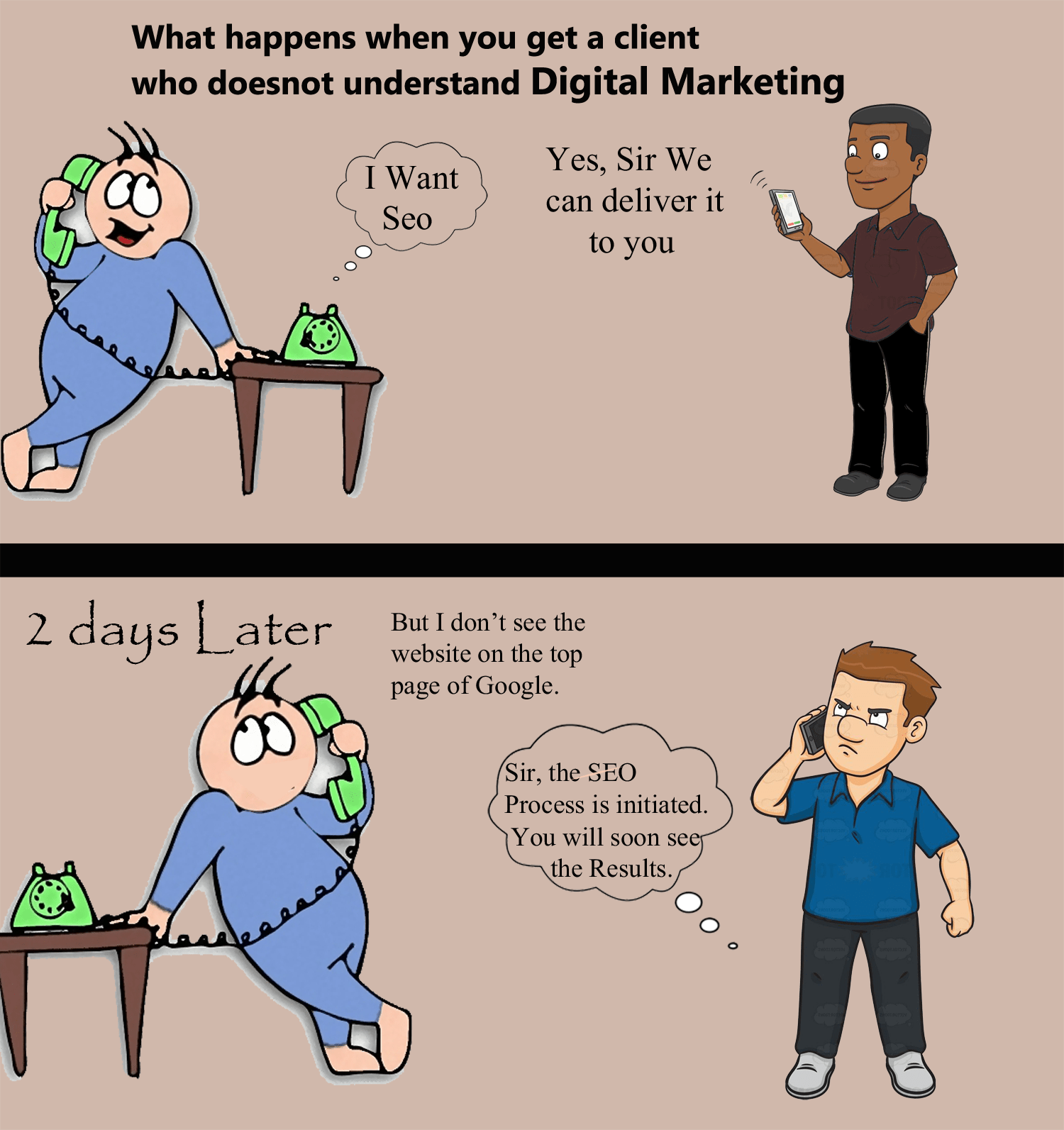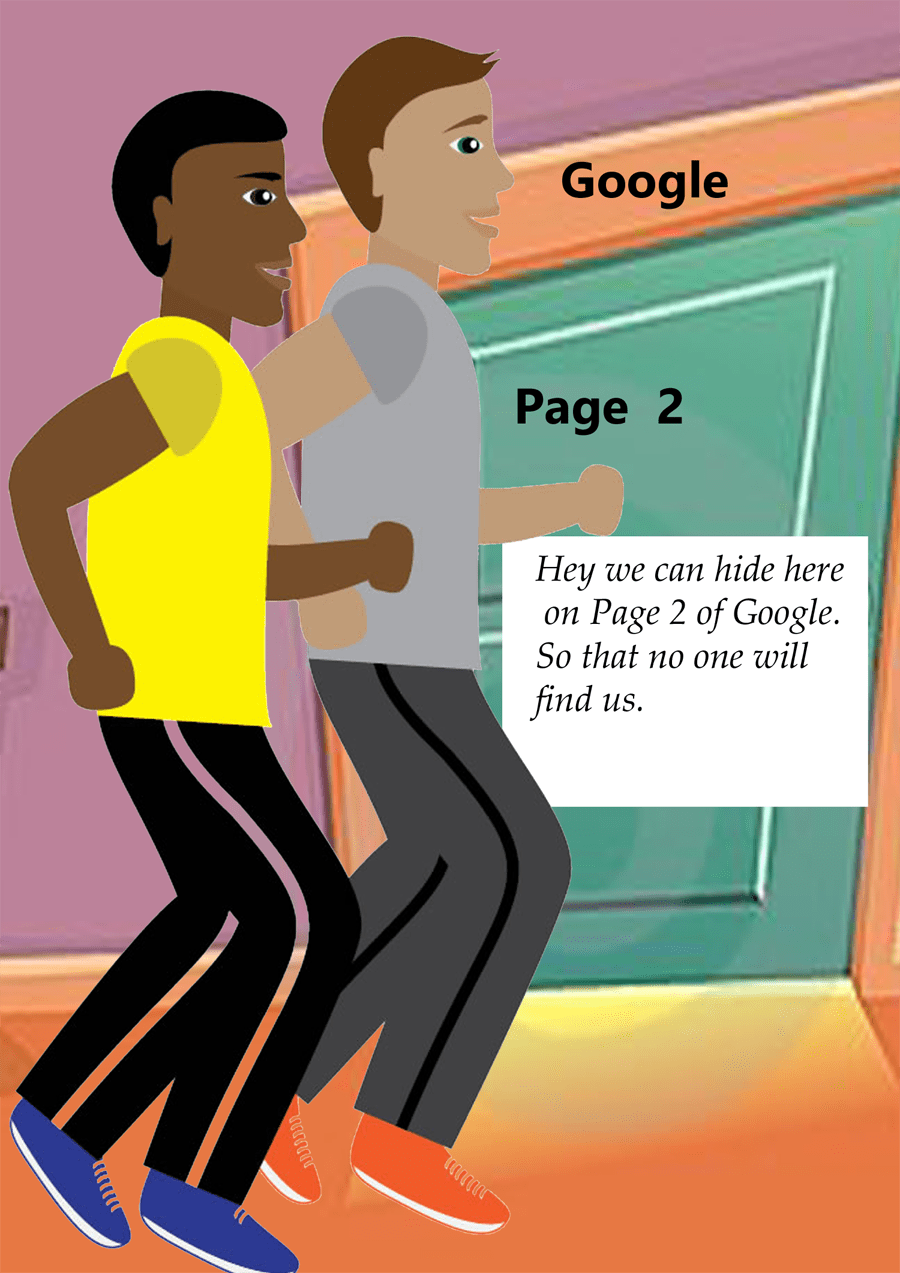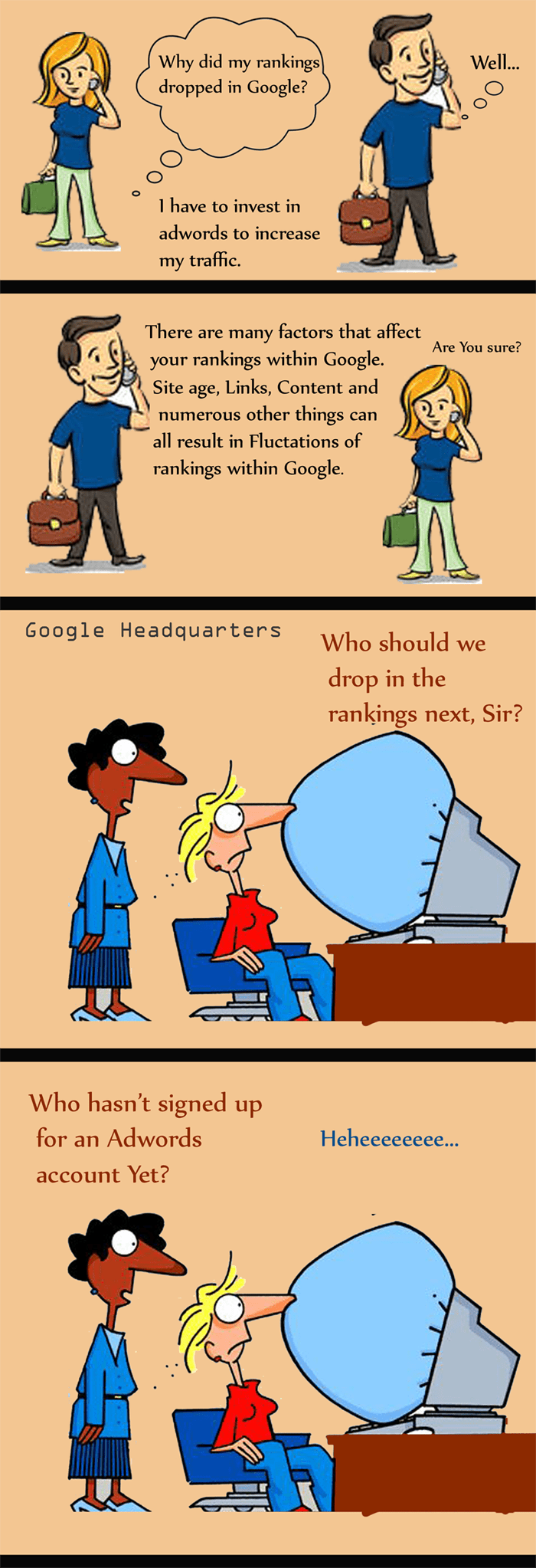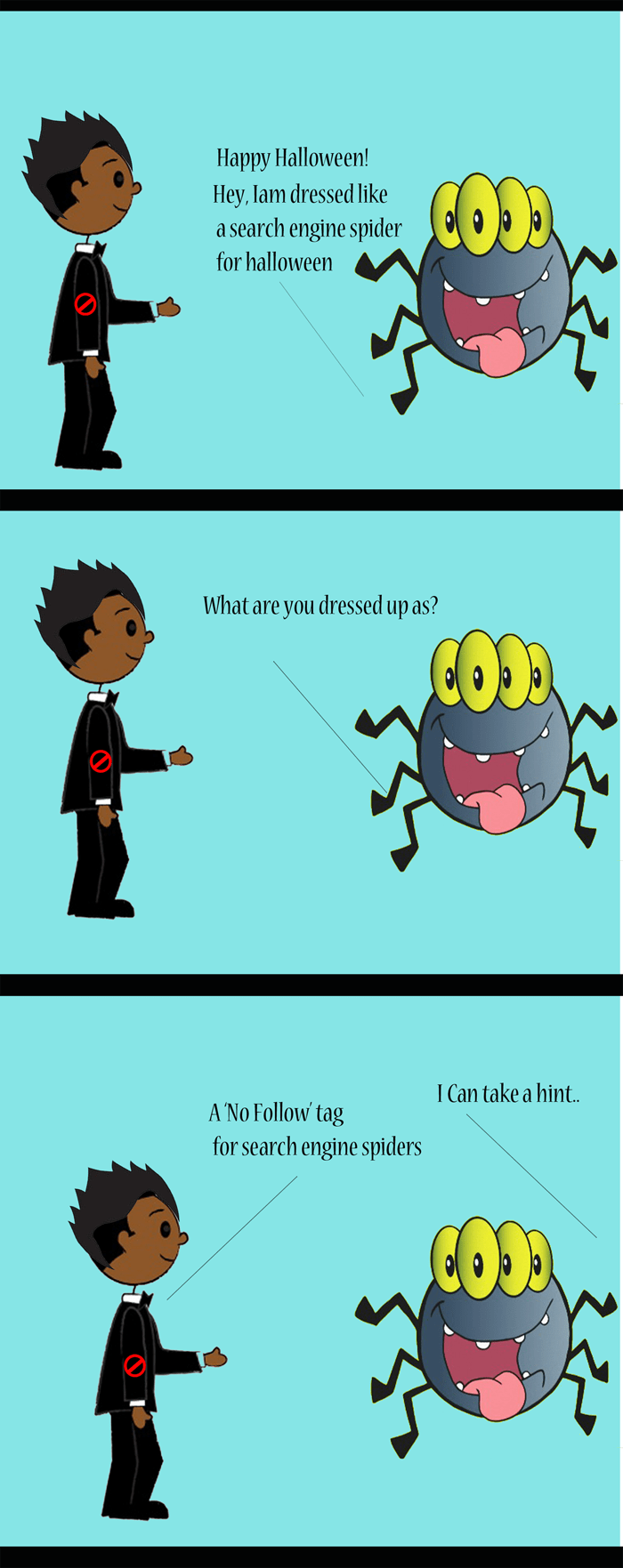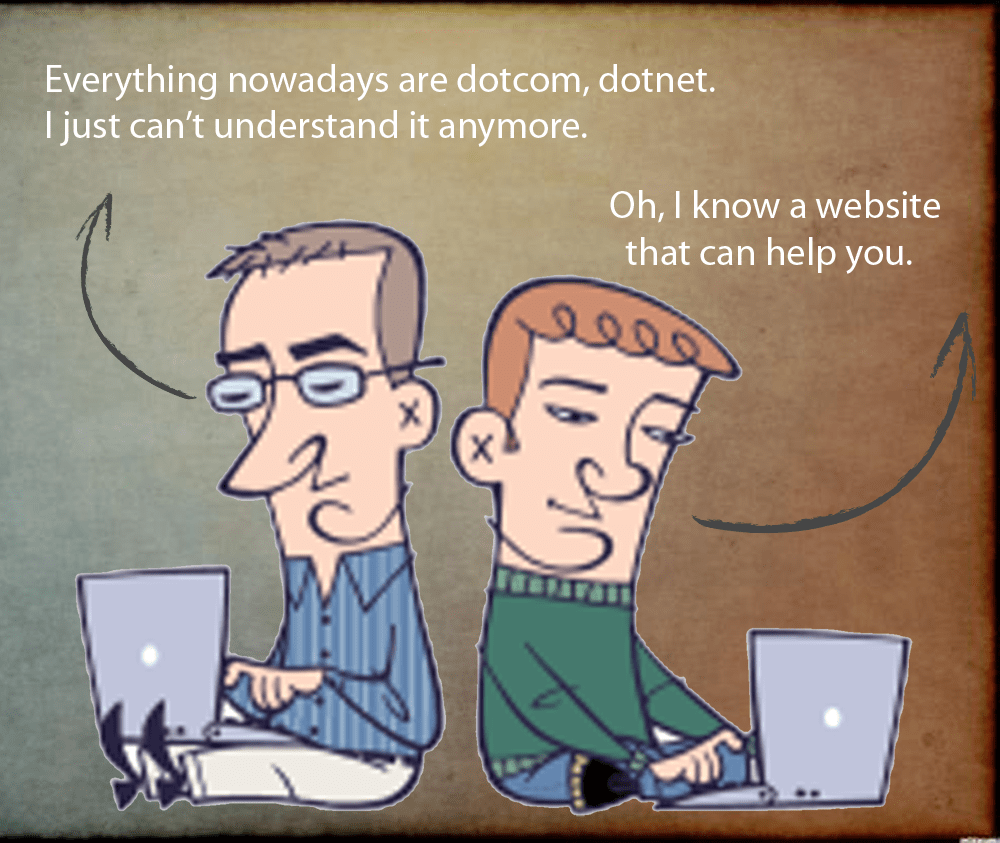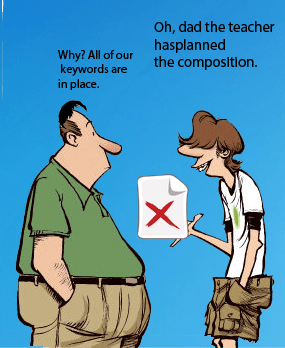SEO Service
Google Groups will resolve the issue by eliminating Usenet groups.
Recall our previous report on the surge in visibility of Google Groups in Google Search, leading to the proliferation of spam and potentially hazardous information in search results. According to Bleeping Computer, Google is taking action by discontinuing support for Usenet groups on Google Groups to counteract the spam issue.
Officially announced by Google, this decision is influenced by the platform’s ongoing struggle with spam content. The changes are set to be implemented starting February 22, 2024, preventing users from posting, subscribing, or accessing new Usenet content through Google Groups.
Speculations arise about the connection between this move and the concerns raised by the search community regarding Google Groups content spamming Google Search results. Glenn Gabe shared insights on this development, stating, “Following the Google Groups spam problem? Interesting development -> Google Groups is ending support for Usenet to combat spam.”
As outlined in the Google support document, after February 22, 2024, users can no longer utilize Google Groups for posting, subscribing, or viewing new Usenet content. However, historical Usenet content posted before this date will still be accessible for viewing and searching.
Google clarified that the decline in legitimate activity in text-based Usenet groups over recent years is due to users transitioning to more modern platforms like social media and web-based forums. Additionally, the prevalence of non-text binary file sharing and spam on Usenet contributed to Google Groups’ decision to discontinue Usenet support.
Google Ads Photo Guidelines Now Faster Reviews & More Creative
Google Local Service Ads play a vital role in connecting businesses with local customers. Recent updates to the platform’s photo guidelines have brought about improvements that impact reviews, creativity, and overall efficiency. This essay aims to explore these updates and their implications for businesses, customers, and the local service ecosystem.
Google Local Service Ads: A Brief Overview
1. Connecting Local Businesses: Google Local Service Ads enable local businesses to reach potential customers through targeted ads displayed in search results.
2. Service Verification: Google verifies businesses to ensure they provide high-quality services and meet customer expectations.
Recent Photo Guideline Updates
1. Enhancing Visual Content: The updates aim to improve the visual representation of businesses’ services, fostering better communication with potential customers.
2. Faster Reviews: These updates also expedite the review process by encouraging businesses to upload relevant photos that showcase their services.
Implications for Businesses
1. Improved Credibility: High-quality photos increase the credibility of businesses, allowing customers to visualize the offered services and facilities.
2. Customer Engagement: Engaging photos provide potential customers with a glimpse of what to expect, enticing them to choose a particular business.
3. Enhanced Conversion: Eye-catching visuals can lead to higher click-through rates, driving more conversions for businesses.
Benefits for Customers
1. Informed Decisions: High-quality images help customers make informed decisions about the services they are seeking.
2. Visual Transparency: Visual representations of businesses’ offerings promote transparency and help customers avoid surprises.
3. Streamlined Selection: With a clearer understanding of services, customers can quickly narrow down their choices.
Promoting Creativity and Uniqueness
1. Showcasing Uniqueness: Businesses can use images to highlight their unique selling points and stand out from the competition.
2. Enhancing Brand Identity: Creative visuals contribute to building a strong brand identity, which resonates with customers.
Accelerated Review Process
1. Quick Visual Feedback: With relevant photos, customers can quickly assess a business’s suitability, expediting the decision-making process.
2. Review Authenticity: Authentic photos enhance the reliability of reviews, as customers can visualize the experiences of others.
Best Practices for Businesses
1. High-Quality Images: Clear and high-resolution photos offer the best representation of services.
2. Variety: Businesses should include a variety of images that capture different aspects of their services.
3. Relevance: Photos should accurately depict the business’s offerings and facilities.
The recent updates to Google Local Service Ads’ photo guidelines mark a significant step forward in enhancing the user experience for both businesses and customers. These updates not only improve the efficiency of the review process but also allow businesses to showcase their offerings more creatively and authentically. Through the power of visuals, local businesses can engage customers, build trust, and drive conversions. As the digital landscape continues to evolve, these updates stand as a testament to Google’s commitment to fostering meaningful connections between local businesses and their customers.
SEO Funny Cartoon Comics -latest trends of 2016
Search Engine Optimization (SEO) is arguably the most cost-effective digital marketing technique, but also the most challenging to get right.
The First very Organic Result on the First Search Engine Result Page sees about 32.5%of Overall Search Traffic in terms of clicks. The Second domain sees 17.6% while the 7th only sees 3.5%
Google PageRank (Google PR) is one of the methods Google uses to determine a page’s relevance or importance. Important pages receive a higher PageRank and are more likely to appear at the top of the search results. Google PageRank (PR) is a measure from 0 – 10. Google Page rank is based on back links
Web Search Engines and some other sites use Web crawling or spidering software to update their Web Content or indices of others sites’ web content. Web crawlers can copy all the pages they visit for later processing by a search engine which indexes the downloaded pages so the users can search much more efficiently.
A website is a collection of related webpages, including multimedia content, typically identified with a common domain name and published on at least one webserver.
A keyword, in the context of search engine optimization, is a particular word or phrase that describes the contents of a Web page.
Google is used for search of information about (someone or something) on the Internet using the search engine Google.
Blogroll
Categories
- 2013 seo trends
- author rank
- Bing search engine
- blogger
- Fake popularity
- google ads
- Google Adsense
- google fault
- google impact
- google Investigation
- google knowledge
- Google panda
- Google penguin
- Google Plus
- Google webmaster tools
- Hummingbird algorithm
- infographics
- link building
- Mattcutts Video Transcript
- Microsoft
- MSN Live Search
- Negative SEO
- pagerank
- Paid links
- Panda and penguin timeline
- Panda Update
- Panda Update #22
- Panda Update 25
- Panda update releases 2012
- Penguin Update
- Sandbox Tool
- search engines
- SEO
- SEO cartoons comics
- seo predictions
- seo techniques
- SEO tools
- seo updates
- social bookmarking
- Social Media
- SOPA Act
- Spam
- Uncategorized
- Webmaster News
- website
- Yahoo






